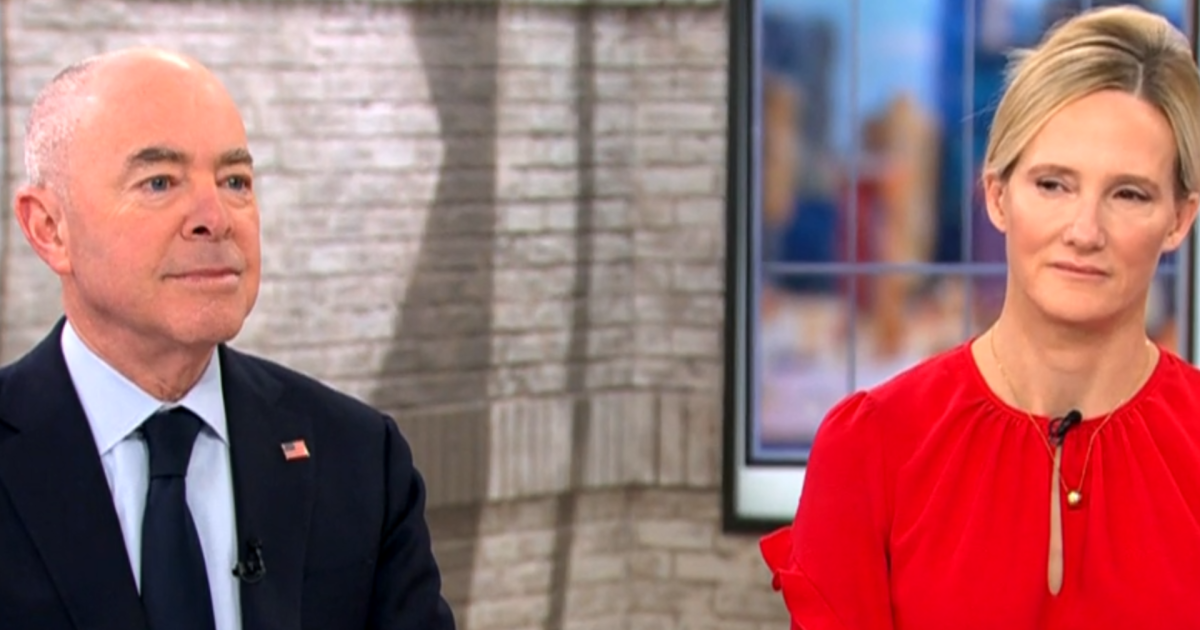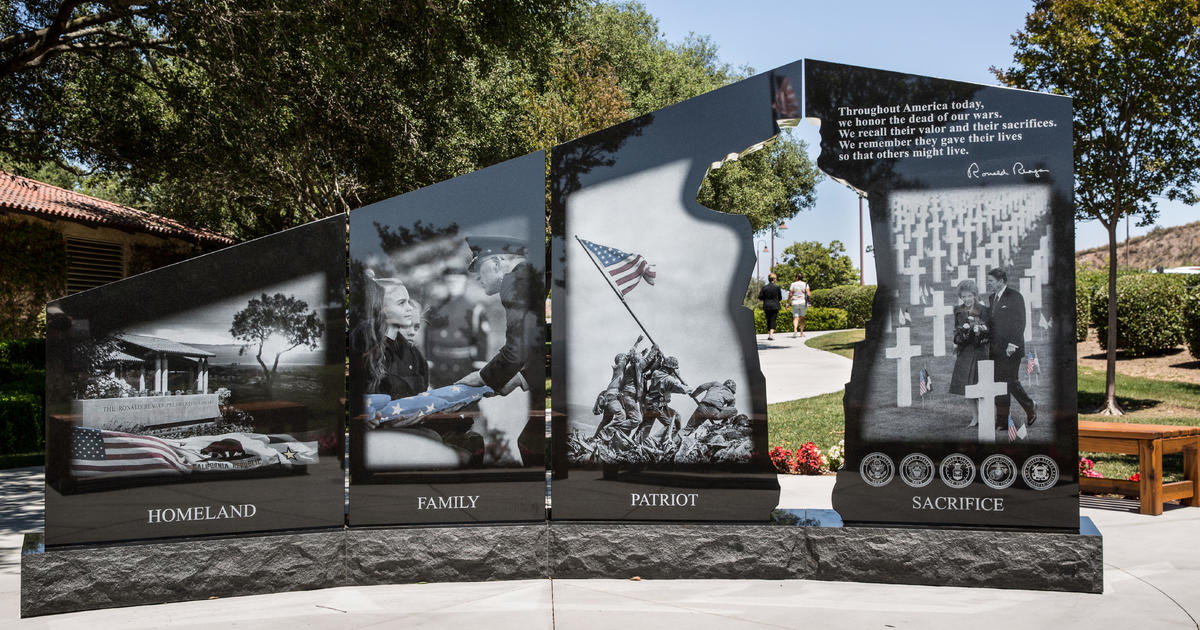U.S. planned to separate 26,000 migrant families before outcry over "zero tolerance" policy
The Trump administration planned to separate tens of thousands of migrant children from their parents in the span of five months before it was forced to end its "zero tolerance" crackdown along the southern border due to public outcry and a court ruling.
In early May of 2018, the month when the administration began implementing the "zero tolerance" policy across the U.S.-Mexico border, Customs and Border Protection (CBP) told the White House budget office that it expected its officers to separate more than 26,000 families by September of that year, according to a report released by the Department of Homeland Security's Inspector General on Wednesday.
The revelation represents the first official estimate of the number of families the administration was prepared and willing to separate as part of the controversial policy designed to deter U.S.-bound migrants. It also suggests that U.S. officials were committed to the large-scale implementation of the practice before President Trump signed an executive order halting it and a federal judge ordered the administration to discontinue the policy and reunify most separated families.
"This report pulls back the curtain on the Administration's cruelty, incompetence, and indifference to the suffering of children who were taken from their parents under President Trump's child separation policy," New York Congresswoman Carolyn Maloney, the Democratic chair of the House Oversight Committee, said in a statement.
Lee Gelernt, the lead attorney in the ongoing legal challenge the American Civil Liberties Union (ACLU) has mounted against separations of migrants families, denounced the "shocking" details of the watchdog report. "The administration was planning on separating up to 26,000 families," Gelernt said. "Had it not been for the legal challenge and public outcry, the administration may very well have succeeded."
Although some detained migrant families were separated under previous administrations — mostly when officials determined the parents posed a danger to their children — the Trump administration policy involved the prosecution of all border-crossing parents for illegal entry, to systematically separate thousands of families.
After implementing a pilot program in El Paso in late 2017, officials began enforcing the policy along the entire border in May 2018.
After a massive public uproar, however, the president signed an order in June to stop the practice. Days later, Judge Dana Sabraw of the U.S. District of Southern California ordered the administration in June 2018 to halt policy and to reunify separated families, decreeing that families should not be separated "absent a determination that the parent is unfit or presents a danger to the child."
According to figures disclosed through litigation, more than 2,800 children were separated from their parents under "zero tolerance" as of late 2018. Last month, the government told a federal court that an additional 1,500 migrant children were separated from their parents before "zero tolerance" was fully implemented, meaning at least 4,300 families were separated by the Trump administration prior to Sabraw's ruling.
In addition to those separations, approximately 1,000 migrant minors have been separated from their parents after Sabraw's ruling under contested circumstances.
In the report released on Wednesday, however, the DHS inspector general said the department can't calculate an accurate total number of migrant families it separated during its "zero tolerance" border crackdown — or how many it subsequently reunified — because of the unreliable tracking systems it used.
"Without a reliable account of all family relationships, we could not validate the total number of separations, or reunifications," the report said.
Customs and Border Protection (CBP), the agency whose officers carried out the separations, was aware of deficiencies in its tracking technology in late 2017, months before the administration started prosecuting all migrants adults in families for illegal entry, and failed to properly address them, the report said.
According to the report, CBP used ad hoc methods, including Microsoft Excel spreadsheets and a whiteboard, to track separated families, leading to "widespread errors" and creating logistical nightmares for both Immigration and Customs Enforcement (ICE) and the Department of Health and Human Services (HHS), which handle the long-term detention of migrants families and adults, and unaccompanied children, respectively.
In the case of one deaf migrant boy, Border Patrol failed to denote the child's disability or the fact that he had been separated from his father in its tracking system. The errors were only acknowledged by officials after a non-profit group in Arizona helping the boy contacted them.
In its response, which was included in the report, DHS leadership concurred with all recommendations by the inspector general to improve its tracking system and the data sharing between CBP, ICE and HHS, but it also said some of the numbers in the findings were "inflated" and inaccurate." DHS did not respond to a request for comment.
In addition to highlighting the technological and logistical woes of the practice, the report said the deterrence policy of separating children from their parents did not achieve its stated objectives.
"Although DHS spent thousands of hours and more than $1 million in overtime costs, it did not achieve the original goal of deterring "Catch-and-Release" through the Zero Tolerance Policy," the report said. "Instead, thousands of detainees were released into the United States."




